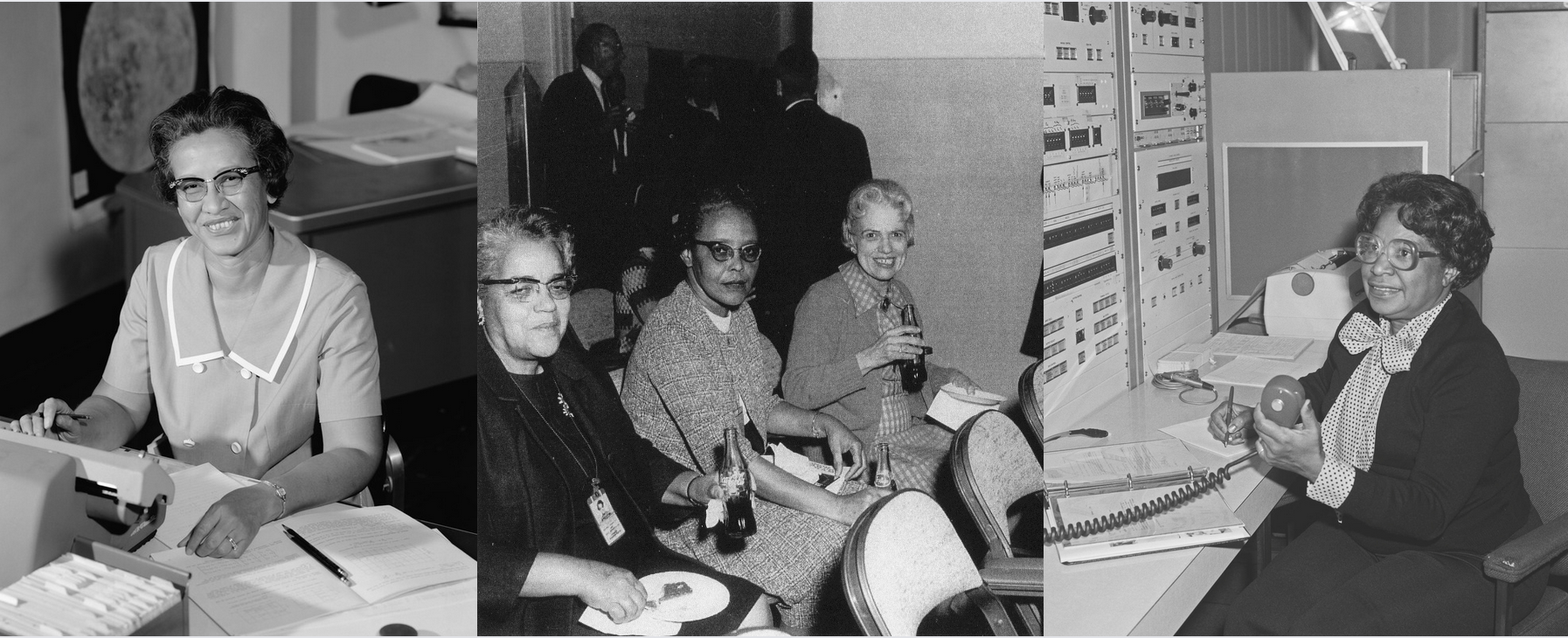The College Board manages many colleges’ preparatory and entrance programs in addition to the Scholastic Achievement Test (SAT) and Advanced Placement (AP) courses. The African American studies AP course will be piloted at 60 unnamed high schools across the country this school year with plans to expand to 200 schools next year. Students in the pilot program will take an exam; however, this year they will not receive scores or college credit. The pilot program is devised to give colleges time to craft policies that will allow students to count the course on their transcripts.
AP courses introduce high school students to college-level content while still in high school. AP classes improve college applications by demonstrating students’ abilities to manage complex coursework. AP courses cover challenging content, are accelerated, and typically require more study time than other classes. They potentially boost a student’s grade point average because of the rigor and the weight assigned to a course; they are graded on a five-point scale versus a four-point scale. Yet not all student groups have equal access to AP classes. In a 2020 report, the Education Trust identified funding, assessment and grading bias, as well as teacher and counselor recommendation biases against Black and Latino/a students as widespread barriers that limit their access to AP course access and placements.
The African American AP course is a cross-disciplinary course that will incorporate 400 years of literature, politics, geography and history. According to Trevor Packer, senior vice president of AP and instruction at the College Board, “This class will introduce a new generation of students to the amazingly rich cultural, artistic and political contributions of African Americans.” The course has been a decade in the making, and one of its chief architects, Dr. Henry Louis Gates Jr., a renowned expert on African American history, quoted in a recent Time magazine interview says: “AP African American Studies is not CRT. It’s not the 1619 Project. It is a mainstream, rigorously vetted, academic approach to a vibrant field of study, one-half a century old in the American academy, and much older, of course, in historically Black colleges and universities.”












